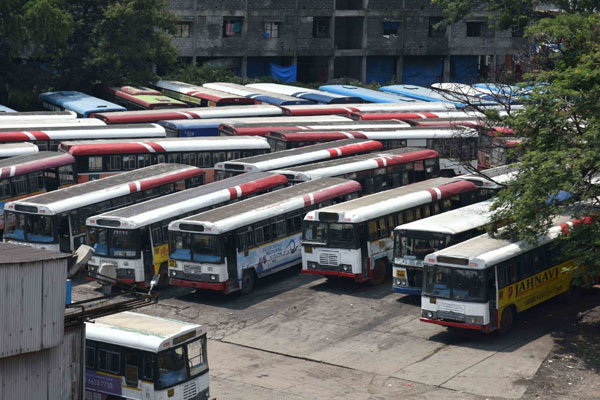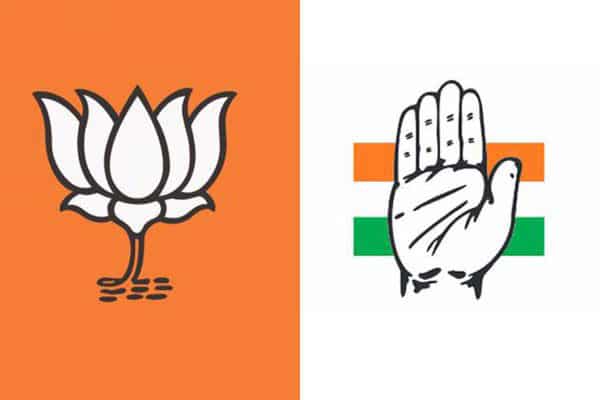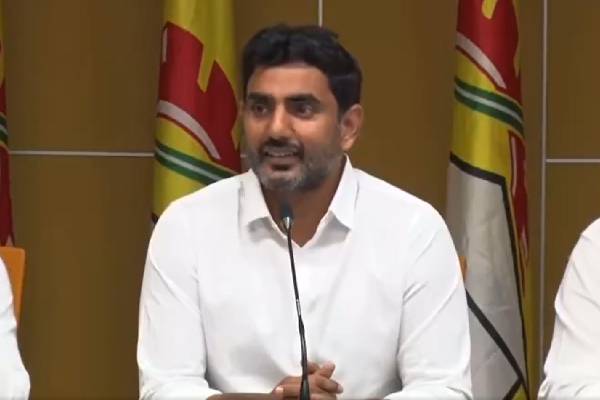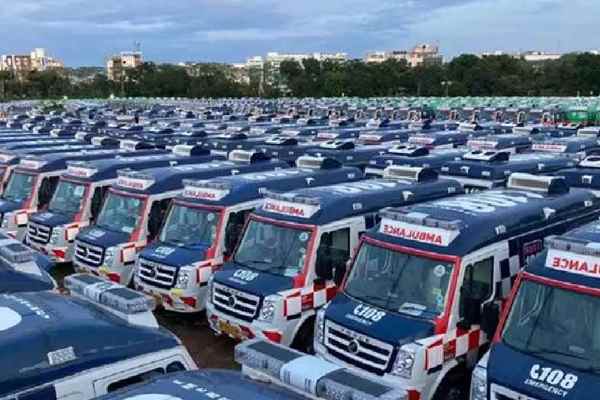In an age of coalition politics, the extent of alliances a party could successfully stitch together largely define the electoral mandate. The experience of 2004 and 2014 polls convincingly indicate the trend in Indian democracy. The BJP with its ruling arrogance failed to arrive at an electoral understanding with parties that matter in 2004 and lost the polls. Similarly, the Congress lagged behind BJP in 2014 in coalition management and paid the price for it. Thus, the 2019 mandate will be greatly decided by the extent of coalitions one can make or unmake.
At this point of time, the Modi-Shah led BJP seems to be ahead of its arch rival Congress in stitching together alliances. The saffron party has completed some of the complex coalition arrangements while the grand old party is still grappling with managing allies. However, we cannot ignore the point that the BJP in power enjoys the luxury of dictating terms to its allies while the Congress has to sensitively deal with its prospective allies.
The Congress knows pretty well that the smaller and regional parties are known for their political pusillanimity. These parties can swing towards any party at the centre given the prevailing post-poll arithmetic. The history of these parties gives ample indication for such a conclusion about them. Thus, Congress cannot retain its allies post-2019 unless it on its own makes a comeback by winning as many seats as it can. Emerging as a single largest party is critical for this. Thus, the Congress is caught between the need to maximise its own tally and yielding to its allies. The party has to contest in as many seats as possible to win a sizeable number of seats on its own. But, its dream of winning maximum seats cannot be realised unless it forges effective alliances. This is precisely the reason why the congress is relatively lagging behind the BJP in arriving at an electoral understanding.
Despite these limitations, the Congress has finalised its seat-sharing arrangement with Janata Dal(S) in the key state of Karnataka. The party together with JD(S) has a greater chance of reversing the fortunes of BJP. The BJP won 17 out of 28 Lok sabha seats in 2014, with Congress winning 9 and JD(S) winning the remaining two. Now, that the Congress and JD(S) are contesting together, the alliance has the potential to upset the BJP’s apple cart. This is evident from the recent by-election to Ballari seat defeating the mining mafia. The Karnataka is the only hope for the saffron brigade in south India.
It was certainly a difficult task to accomplish the seat sharing arrangement in Karnataka, where Congress shares a volatile relationship with JD(S) in the collation government. The JD(S) is strong in the old Mysore region where the Congress has most of its sitting seats. The JD(S) insisted for 12 seats. However, the JD(S ) finally agreed for eight seats with Congress contesting remaining 20 seats with latter agreeing to give up its claims on one of its sitting seats in favour of its ally.
Tamil Nadu was however much easy state as the Congress is a junior partner to DMK. But, the big embarrassment has come for Congress in Uttar Pradesh. Notwithstanding the united fight against formidable BJP in the Kairana by-election, the SP-BSP-RLD combine refused to accommodate Congress. The party is now hoping for repeating its best performance of 2009. The Congress won 21 seats in UP in 2009, the best in the recent past. Thus, the Congress President has given the call for Mission 30 for the party in the state that holds 80 seats in Lok Sabha. However, the election pundits also infer the Congress not joining the Mahagatbandhan as a strategy to prevent the upper caste votes shifting to BJP.
Mamata Banerjee is ready to work with Congress in national politics. But, the TMC refuses to embrace the Congress in West Bengal. A similar experience Congress confronts in Andhra Pradesh. In the wake of the failed experiment in Telangana, the TDP and Congress are going alone in the state. The CPIM proposed the principle of avoiding a mutual contest in at least six seats held by the two parties in West Bengal. But, the state congress wants a long term electoral understanding that can last till Assembly polls for which the Left is not ready for. Meanwhile, the BSP declared no deal with Congress anywhere in the country.
The BJP on the other hand successfully completed complex seat sharing arrangements in Bihar, Maharashtra. The Shiv Sena has been critical of BJP despite being in NDA. Setting aside the embarrassing behaviour of Sena, the BJP reached out to the party. In Bihar, the BJP sacrificed five of its sitting seats to accommodate its ally Janata Dal(U). The AGP walked out of NDA in Assam protesting against the Citizenship Amendment Bill. Yet, the party could rope in AGP and other North eastern allies in a region that sends as many as 25 seats to Lok Sabha. The BJP has forged a broader front led by AIADMK in Tamil Nadu that consists of PMK, DMDK. The swift handling of coalition politics makes the saffron brigade battle-ready as the Mandate 2019 fast approaches.
Please Subscribe. like and Share
https://www.youtube.com/channel/UClttDLuMtv-EKpuMYEBeAPg/featured https://www.youtube.com/channel/UCm40kSg56qfys19NtzgXAAg/featured


































